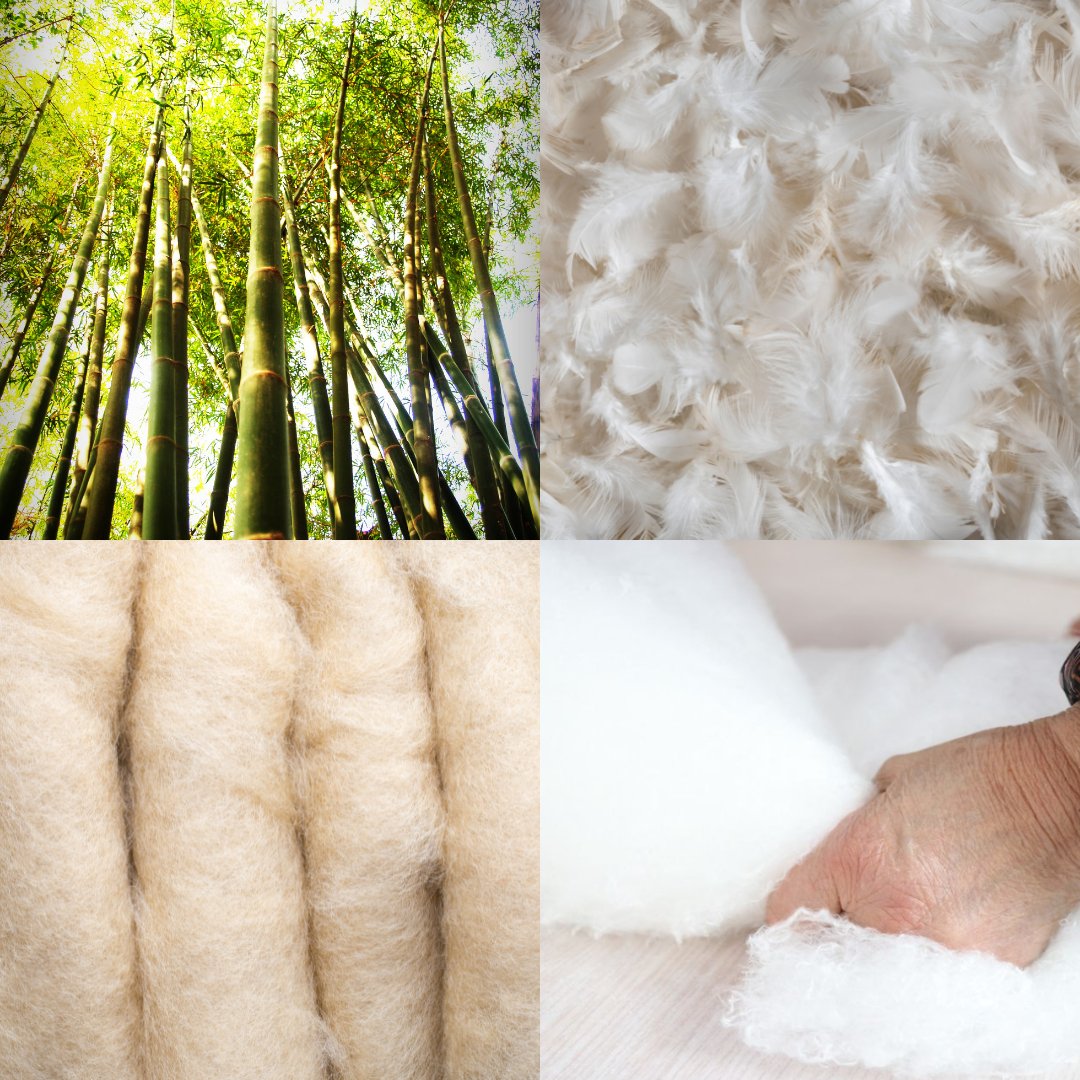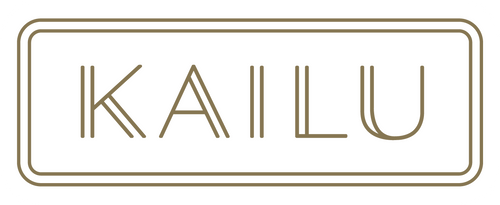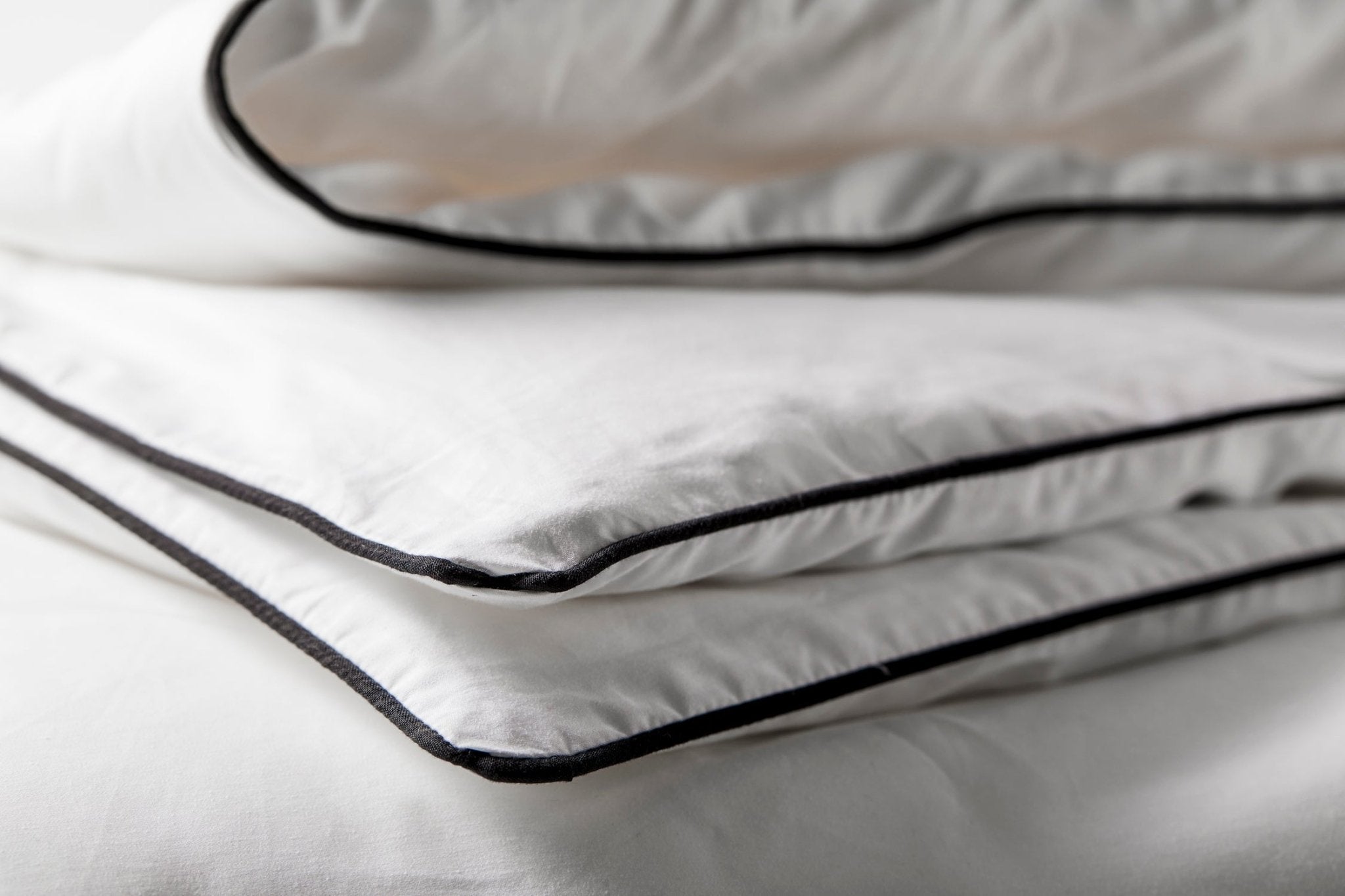
We rank the best natural fillings for the best sleep
When it comes to getting the best sleep, what’s inside a duvet or comforter counts. Most duvets will keep you warm, but the great ones should be able to keep you cool, too — by adapting to your body temperature, having breathability from the casing fabric all the way through the filling material, and keeping moisture at bay. Overheating and night sweats are some of the most common causes of waking up in the middle of the night.
Then, there are the exceptional duvets that have a unique balance of heaviness and lightness, simultaneously cocooning you to calm your daily stresses and freeing you to drift off into slumber.
Of course, what is considered the “best” often comes down to personal preference and quality of materials, but after trying several filling materials, we ruled out synthetics (petroleum-based and “alternative” fillings are often too hot and humid) and chose four of the dreamiest natural fillings:
No. 4 Natural Down

Pros: Light and lofty, down comforters have been a common bedding staple in North America and Europe for decades. Down is fluffy and toasty warm, and quality can range greatly: from prickly feathers to fluffy fill to ethically harvested eiderdown.
Cons: Dozens of geese are sometimes used to create just one down comforter, although many companies say they use humane harvesting methods. And, depending on quality, down can become an environment for dust mites to thrive — and, therefore, allergies. Down is also one of the least effective materials when it comes to moisture regulation, as its loftiness can create air pockets that trap heat and humidity. In other words, you’re more likely to wake up hot and sweaty compared with other materials, such as wool.
No. 3 Wool

Pros: More moisture expelling and environmentally friendly than down, wool is very effective at retaining heat in very cold climates. The fibers are also denser and less lofty, so a wool duvet will have a thinner profile and feel heavier.
Cons: People who become itchy when wearing wool clothing could experience skin sensitivities with a wool duvet if the filling isn’t encased in a hypoallergenic fabric. Moreover, overheating could become an issue in milder climates. Like many fillings, it all comes down to quality: With few options on the market, pure, high-quality wool can be an investment.
No. 2 Bamboo

Pros: This inexpensive material has grown in popularity, as bamboo is a renewable resource that can be harvested quickly and cheaply. Bamboo is breathable, soft, and hypoallergenic, and it has a silky feel. It’s a good choice for hot sleepers looking for a cheaper alternative to silk.
Cons: Bamboo might sound natural, but companies may use hazardous chemicals to break down the plant fibers. The final duvets might be considered safe to use, but the chemicals could put workers’ health at risk and pollute the air and waterways. Plus, many call bamboo “fake silk,” asserting that it just isn’t as smooth or luxurious as real silk.
No. 1 The Best Duvet Material: Raw Silk

Pros: Luxurious and soft, raw silk duvets have been considered an exquisite choice in Asia for centuries and often presented as gifts for milestone events such as weddings. Silk is fluffy, smooth, allergy resistant, and breathable; it regulates temperature by expelling moisture and heat; and it isn’t processed with chemicals, among its other benefits. Many consider the balanced weight and slightly slippery feeling — created by hand-stretching layers of raw silk to the size of the bed and stacking them — the height of luxury. Like other fillings, quality ranges greatly: from clumpy “broken” silk to commercial silk to hand-pulled artisanal raw silk. High-quality silk is an investment and can last 20+ years if treated with care.
Cons: Some companies create a patchwork of smaller sheets of lower-grade silk or use “broken silk,” which is short-strand silk remnants that are brown in color, clumpy, and very cheap. Further, silk is not usually vegan friendly, as thousands of cocoons are needed to create a silk duvet. There are alternatives that use “wild” silk; however, the fibers are broken and will not feel as smooth as high-grade long-strand silk. Some workshops still use the old ways when it comes to silk, processing and washing each cocoon by hand, so harvesting and making one silk duvet can take up to six months.
Choosing the Right Silk Duvet for You
Consider your climate, sleep style, and bedroom décor when choosing a size and weight.
Are you a hot sleeper?

If you sleep hot or live in a hot climate, the single-core raw silk Heritage Duvet will be your best fit. The single core contains about two pounds of raw silk layers that are hand-stretched to the size of the bed, perfect for warm summers or for hot sleepers year-round, and includes a duvet cover.
Are you a cold sleeper?

If you sleep cold or live in a cold or four-season climate, the dual-core raw silk Heritage Duvet is your best bet. The dual core includes two cores that contain two pounds of raw silk each and a duvet cover, allowing you to customize it to the season and your sleep style.
Are you going through life changes (e.g., menopause, medical treatments, etc.) that cause your body temperature to fluctuate?

If you’re going through life changes and live in a hot or mild climate, the single-core raw silk Heritage Duvet should be adequate. If you’re going through life changes and live in a four-season or cold climate, the dual-core raw silk Heritage Duvet will provide the customizability you need for changing temperatures.
Looking for size and color recommendations too?
Take the Sleep Style Quiz.
Want to try silk first?

If you want to test silk before making the investment, our raw silk swatch and Open Road Portable Throw are both great options. The swatch is complimentary. The throw is a small size that’s perfect for traveling or napping on the sofa, and it includes a removable, washable cover, a carrying pouch, and a mulberry silk eye mask.







Leave a comment